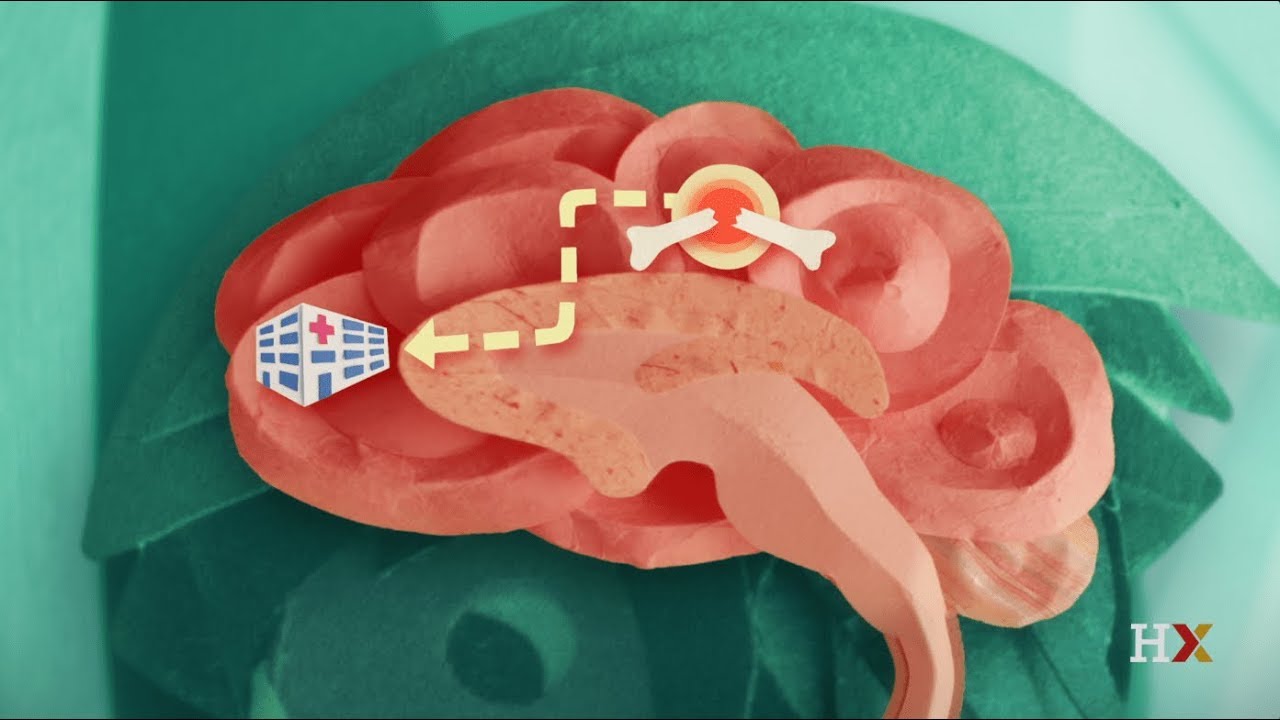
Susan’s Brain: How Opioids Work, in Four Elegant Minutes
The science hasn’t changed since National Geographic selected Susan’s Brain for 2017’s Short Film Showcase — neither have the dangers. The problem, however, has gotten worse. Much, much worse. Perhaps a little reminder will help. Perhaps not. It certainly can’t hurt. At the very least, we can be strengthened by the evidence unveiled in Lily Fang’s elegant four-minute film.
Susan’s Brain
When Susan’s Brain was released, drug overdose had become the leading cause of accidental death in the United States. It remains so to this very day. In fact, drug overdose’s lead among other causes has tripled. And though methamphetamines have started to significantly contribute to the problem, opioid addiction remains the main underlying reason.
Susan’s Brain, of course, isn’t concerned with stats; it’s concerned with science, though of course stats are naturally behind the film’s existence. After all, if opioid addiction hadn’t become such an issue, there’d be little need for HarvardX and Harvard Health Publishing to commission the clip in the first place. And there certainly wouldn’t be much need for its attendant online course. That course, The Opioid Crisis in America, is still available (for free no less). And it’s likely still enlightening folks by the thousands each and every session.
Furthermore, if opioids hadn’t become such an issue, National Geographic likely wouldn’t have needed to devote an entire issue to The Science of Addiction. In that case though, much of the world might never have been blessed with Fang’s great creation.
But blessed we were. And blessed we continue to be. Fang’s film is nothing less than a study in exquisite elegance. It’s also a perfect example of how to be at once edifying and charming. That’s obviously why National Geographic chose to include the flick in its special “Addiction” issue, as well as for their Short Film Showcase. “We look for work that affirms National Geographic’s belief in the power of science, exploration, and storytelling to change the world,” says NatGeo. Susan’s Brain does all that and then some.
The Science of Addiction
And what about that special NatGeo issue? Can new discoveries about the brain really help us kick the habit?
We’d like to think so. So would NatGeo. Why else publish such articles as “How Science is Unlocking the Secrets of Addiction”? It’s quite likely that scores of doctors and scientists would like to think so too, whether or not they’re involved in NatGeo’s special issue. We’re talkin’ about good folks like Dr. Elena Chartoff and Dr. Hilary Connery, both of Boston’s McLean Hospital, who advised on the brain science within Fang’s exquisite animation.
Opioids, of course, are part of a drug class that includes heroin, as well as powerful pain medications such as oxycodone, hydrocodone, codeine, morphine and fentanyl. Back in 2015, more than 33,000 people died from overdoses involving opioids. Last year that number topped 93,000.
So obviously there’s more work to be done. Much more work. That includes getting the word out, in every way, shape and form possible. If The Opioid Crisis in America “challenges preconceptions about addiction and about who can become addicted to opioids” and Susan’s Brain “illustrates the changes in the brain that lead to addiction,” the more people who imbibe both the better off we all will be. More, if Lily Fang’s clip “affirms National Geographic’s belief in the power of science, exploration, and storytelling to change the world,” then, well, let’s persuade people to take the four minutes. Please.
Video provided courtesy of the President’s and Fellows of Harvard College © 2017
With Great Gratitude
Healing Properties wholeheartedly thanks National Geographic, HarvardX, Harvard Health Publishing and the President’s and Fellows of Harvard College for making the Susan’s Brain film available for all the world to see. We’re especially grateful to Lily Fang for creating such an elegant, edifying film, as well as to Dr. Elena Chartoff and Dr. Hilary Connery for backing up the exquisite play. We also thank YouTube for providing a place where all of the aforementioned can meet, for the benefit of everyone.
How about you? Are you familiar with the science of addiction? Intimately familiar? Has it affected you? Someone you love? Have you sought help? Would you like to? You can go on to lead a full life, you know. Just like the clip says. All you’ve gotta do is pick up the phone and call someone. What do you say? Ready to make this your day?
(Image courtesy HarvardX)